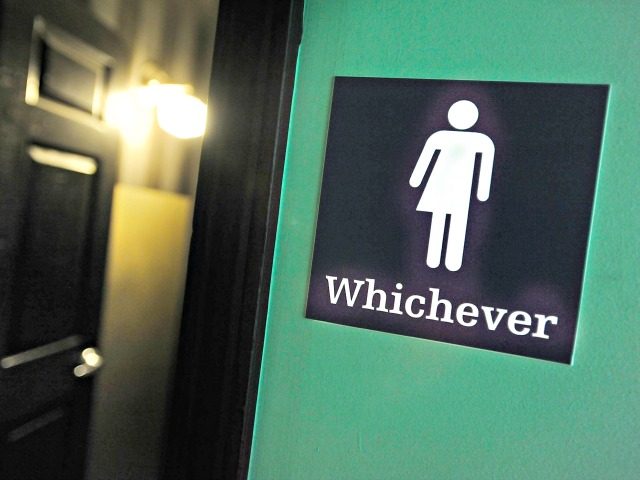A student-athlete in New Hampshire is suing his school district after being suspended from a football game for reportedly saying there are “only two genders,” the Associated Press (AP) reported Wednesday.
The lawsuit filed November 4 explained the suspension that happened in September violated the student’s constitutional right to free speech and also the New Hampshire Bill of Rights because he vocalized his religious beliefs.
“The plaintiff is also aiming to prohibit enforcing Exeter High School’s gender-nonconforming student’s policy because of what he says is its infringement on his First Amendment rights,” the report said.
According to the policy, students retain the right to be addressed by a name and pronoun relating to a student’s “gender identity,” and “also reprimands students who intentionally and repeatedly refuse to respect another student’s gender identity,” the AP article continued:
According to the lawsuit, the suspended student had been involved in conversations surrounding Spanish language pronouns on the bus. A female student who overheard the conversation said there were more than two genders, to which the suspended student argued that there was not. Soon after the bus incident, the lawsuit stated that the two students got into a text exchange about gender identity. Those texts were given to the administration which resulted in the one-day suspension.
However, the lawsuit claimed administrators did not have the right to suspend the student because his texts, initiated by a fellow student, were issued while off the school campus.
Exeter Superintendent David Ryan said he knew about the lawsuit and the school was “in process of reviewing this complaint with legal counsel and will be able to share a statement once we have completed that review.”
Cornerstone Action, a nonprofit Christian advocacy organization, filed the free speech suit against the Exeter School District on the student’s behalf, the group said in a press release November 8.
The young person “did not harass or demean any student, but simply expressed his views on a contentious cultural issue,” the release stated.
“The key question before the court will be if Exeter’s Gender Nonconforming Students policy, nearly identical to the policy adopted by school districts across the state, can be used to suppress the free speech rights of students who hold dissenting views,” it concluded.

COMMENTS
Please let us know if you're having issues with commenting.